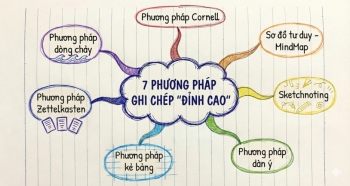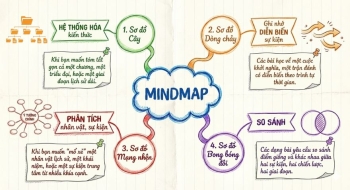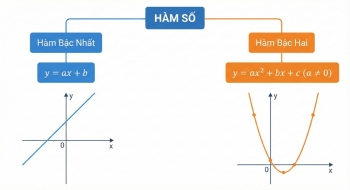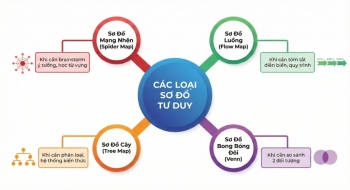Have you ever felt like you've studied so hard, yet the knowledge seems to "slip away" somewhere? You close the book, and poof-it's gone!
Don't worry. In this article, we'll uncover 8 powerful techniques to help you retain information longer and study smarter.
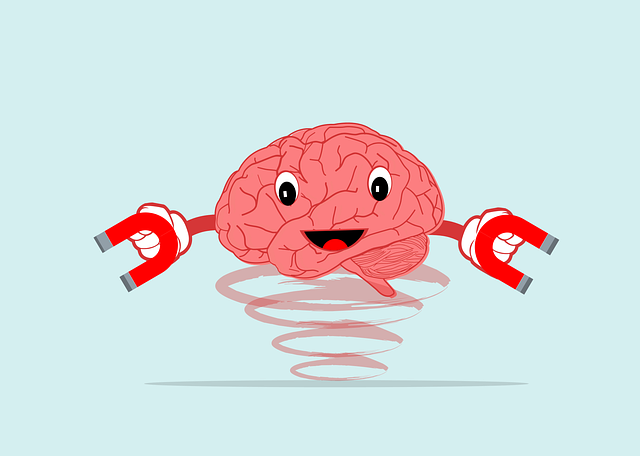
1. Spaced Repetition: Study “Consistently,” Not “Cramming”
Think cramming the night before an exam makes you a pro? Your brain disagrees!
Spaced repetition is the secret to transferring knowledge from short-term memory to long-term memory. Instead of cramming, review your notes at intervals: after 1 day, 3 days, 1 week, and 1 month.
Think of it as watering a plant-consistent care helps the roots grow deep and strong.

2. Memory Palace: Link Knowledge to Visuals or Spaces
Imagine every concept or event you need to remember as an object, then place it in a specific location in your room or house.
When you need to recall something, just take a mental “walk” through your memory palace. Congratulations, you’re now Sherlock Holmes navigating your own mind!

3. Mnemonic Devices: Create Unique and Fun Memory Tricks
Turn boring facts into catchy phrases, acronyms, rhymes, or wordplay.
For example, to remember the order of planets, use the acronym: “My Very Educated Mother Just Served Us Nachos” (Mercury, Venus, Earth, Mars, Jupiter, Saturn, Uranus, Neptune).
The weirder and more personal the mnemonic, the better it sticks in your brain!

4. Read Aloud, Record, and Replay: Let Your Ears Do the Work
If you’re more of a listener than a reader, this method is perfect for you.
Read your notes aloud, record them, and listen to them repeatedly-like a podcast. Play it while doing chores, walking, or exercising. It’s a chill yet effective way to absorb information.

5. Write It Down, Summarize, and Highlight Key Points
Writing by hand is like a workout for your brain.
Summarize lessons, highlight key ideas, and create mind maps instead of rote memorization. These actions engage your brain actively, helping you process and retain information better.

6. Chunking: Organize Information for Easy Recall
Divide your study material into smaller, manageable chunks and organize them logically.
Think of it as cleaning your closet-sorting clothes by category makes everything easier to find. Similarly, chunking helps your brain process and store knowledge efficiently.

7. Exercise and Healthy Habits: A Strong Body = A Sharp Mind
A powerful brain needs a healthy body!
Regular exercise boosts blood flow to your brain, improving focus and memory. Pair it with a balanced diet rich in brain-friendly foods like fish, leafy greens, and nuts. And don’t forget to sleep-your brain needs rest to recharge and consolidate memories.

8. Relax and Avoid Stress: Recharge Your Brain
Stress is the ultimate enemy of memory.
Cramming too much information under pressure can overload your brain, making it harder to retain anything. Instead, schedule study sessions with breaks in between. Stretch, move around, and give your brain time to “breathe.”
Remember, effective studying isn’t about quantity-it’s about quality and maintaining a calm mindset.

Conclusion
As you can see, improving memory retention isn’t rocket science or reserved for geniuses.
It’s a skill that requires consistency, creativity, and understanding how your brain works. With these 8 techniques, you’re well on your way to studying smarter and remembering longer.
Good luck, and happy studying!
See more: What is a Mind map? 4 types to help you learn faster & remember more

